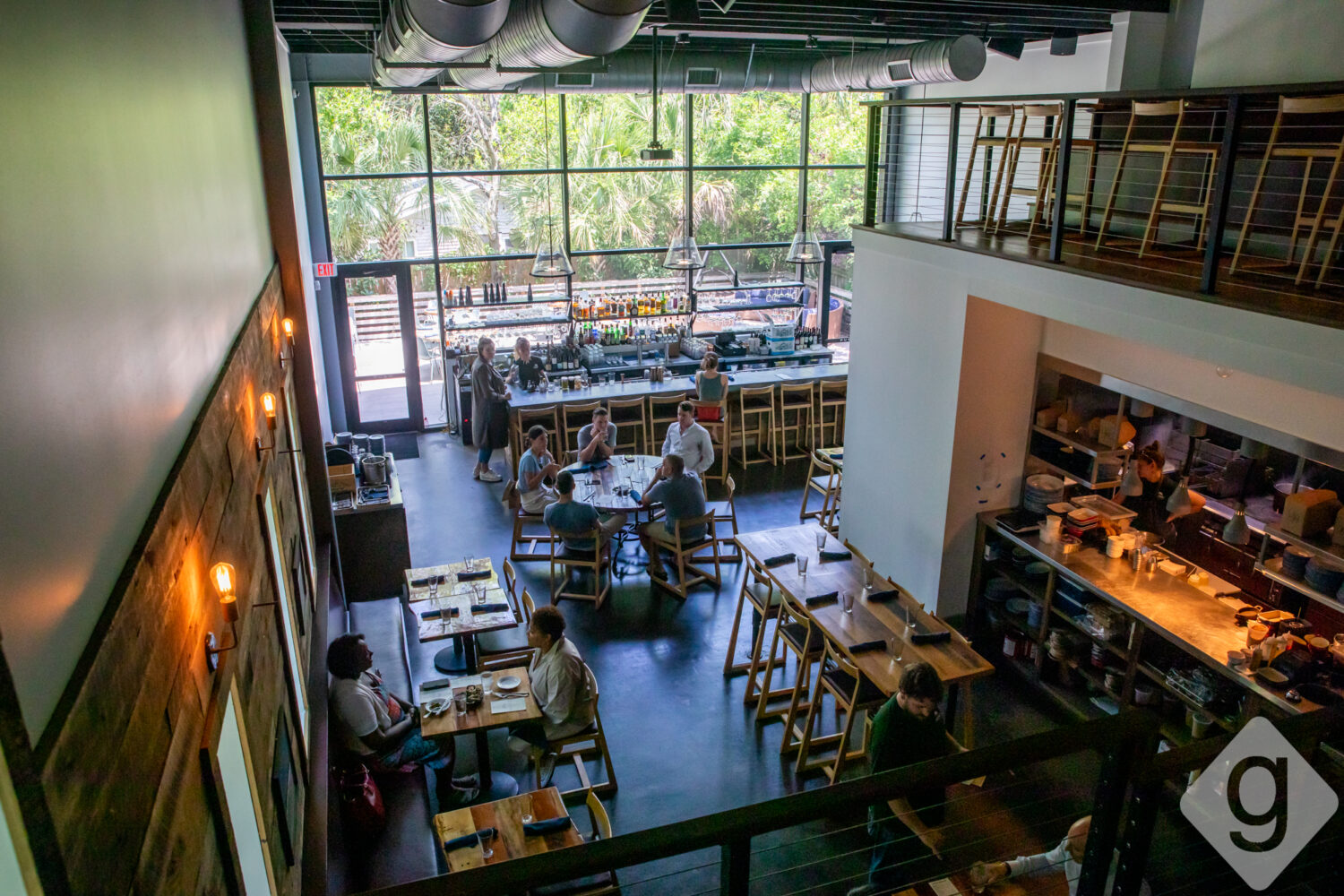In a world governed by mass retail outlets and mass-produced food, the role of specialty butchers is more vital than ever. These talented artisans not only provide high-quality meats, but they also create a connection between consumers and nearby farmers, reviving traditions that have been lost in the hustle of modern convenience. The artisan meat shop is a place where the skill of butchery comes alive, showcasing skills that have been honed over generations. As we delve into the secrets of umami with craft butchers, we will explore what sets apart these local shops excel in a sea of alternatives, and why they have become the preferred choice for savvy meat lovers.

Artisan butchers offer an wide variety of benefits that go above simply picking up a steak for dinner. From their commitment to responsible and eco-friendly farming practices to their thorough knowledge of meat quality and freshness, these butchers are proponents of a movement that strives to support local agriculture and traditional methods. Whether you're looking for rare cuts you won't find in a supermarket or the intricacies of whole-animal butchery, this article will guide you through the delightful world of specialty butchers. Join us as we unlock the taste secrets that only these meat masters can provide.
The Artisan Butcher Difference
Craft butchers differ from grocery store meat sections by prioritizing quality, sourcing practices, and a personalized approach to customer service. Although Herd depend on mass production and standard cuts, artisan butchers dedicate effort to carefully select their meat from nearby farms, emphasizing sustainable and ethical farming methods. This attention to detail ensures that the meat they offer is more fresh, more flavorful, and of higher quality than what is commonly available at big box retailers.
One of the key differences is the skill and artistry involved in classic butchery. Craft butchers are trained not only in butchering techniques but also in understanding the nuances of meat. They can offer unique cuts, tailored requests, and expert advice on preparation techniques, which enhances the consumer experience. This level of craftsmanship is grounded in a deep respect for the animal and a commitment to reducing waste, often resulting in the use of whole-animal butchery practices.
Moreover, supporting your local craft butcher means supporting the economy and community. Many artisan butchers build strong relationships with local farmers, ensuring that the meat comes from farms that value animal welfare and sustainability. By selecting craft butchers, customers support to a food system that places importance on quality over quantity, fostering a deeper connection between consumers, producers, and the land. This local connection not only enhances the taste of the meats available but also enriches local culture and traditions surrounding food.
Eco-friendliness and Excellence
Local butcheries prioritize eco-conscious practices by sourcing their meat from nearby farms that follow humane and green practices. These butchers often work directly with farmers who farm animals in humane conditions, using methods that safeguard the land and promote biodiversity. This commitment not only bolsters local economies but also reduces the carbon footprint associated with distant meat transportation. By choosing to buy from craft butchers, consumers are investing in a culinary network that values animal welfare and ecological health.
In addition to their eco-friendly procurement, craft butchers uphold exceptional quality standards. They typically employ heritage butchery techniques that enhance the taste and quality of the meat, ensuring that customers receive products that are better to mass-produced alternatives. The diligent handling of each cut—from the choice of animals to the aging process—means that craft butchers can provide fresher, more flavorful meat. This careful craftsmanship significantly enhances the quality of their offerings, making them a preferred choice for cooks and amateur chefs alike.
Furthermore, craft butchers are champions for openness in the food supply chain. They often disclose information about where their meat comes from and the practices used by the farms they partner with. This level of transparency creates trust between the butcher and the consumer, enabling buyers to make informed choices that align with their values surrounding wellness, sustainability, and responsible eating. As more people desire premium, ethically procured meat, craft butchers persist in being a key role in supporting sustainable practices within the meat industry.
Community and Tradition
Artisan butchers not only provide high-quality meat but also play a pivotal role in fostering local connections. By obtaining their products from regional farms, they create a system that supports local agriculture and strengthens bonds between consumers and producers. This relationship allows customers to gain a deeper understanding of the origins of their food, encouraging a sense of pride in community and heritage. When people decide to buy from craft butchers, they are engaging in a local economy that values excellence over bulk production.
The tradition of butchery is rich in artisanal techniques that have been passed down through generations. These time-honored methods ensure not only that the meat is skillfully handled but also that the unique attributes of each cut are highlighted. Craft butchers often engage in storytelling, discussing the history of specific breeds or cuts, which enriches the consumer's experience. This revival of traditional butchery skills contributes to a greater appreciation for meat and culinary arts, enabling home cooks and chefs to discover flavors and techniques rooted in history.
Furthermore, craft butchers help to maintain and promote heritage breeds that may be overlooked by larger commercial operations. By focusing on these breeds, they protect biodiversity and promote eco-friendly farming practices. This commitment to tradition reflects a broader movement toward ethical consumption, as consumers increasingly seek to match their purchasing choices with their values. Supporting a craft butcher is not just about buying meat; it is an endorsement in a local culture that honors the land, the animals, and the community as a whole.
